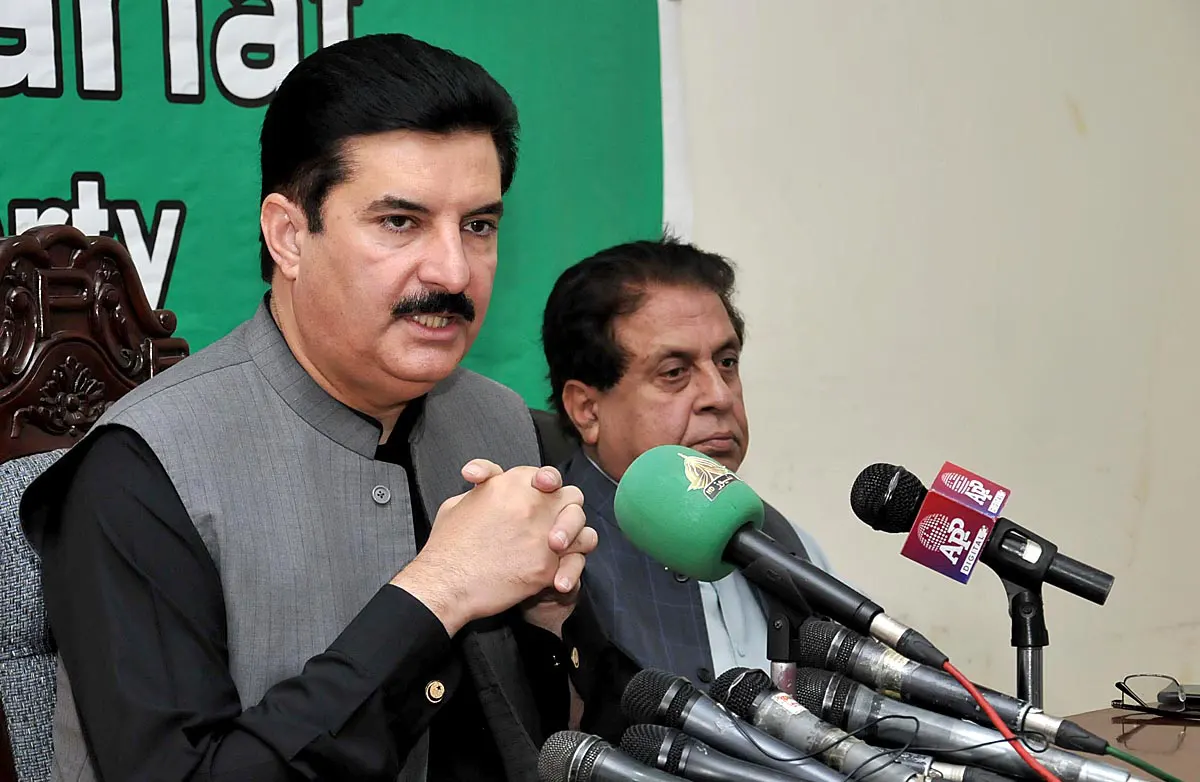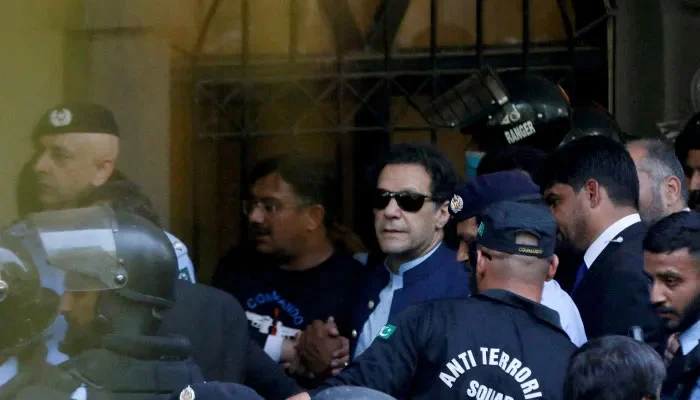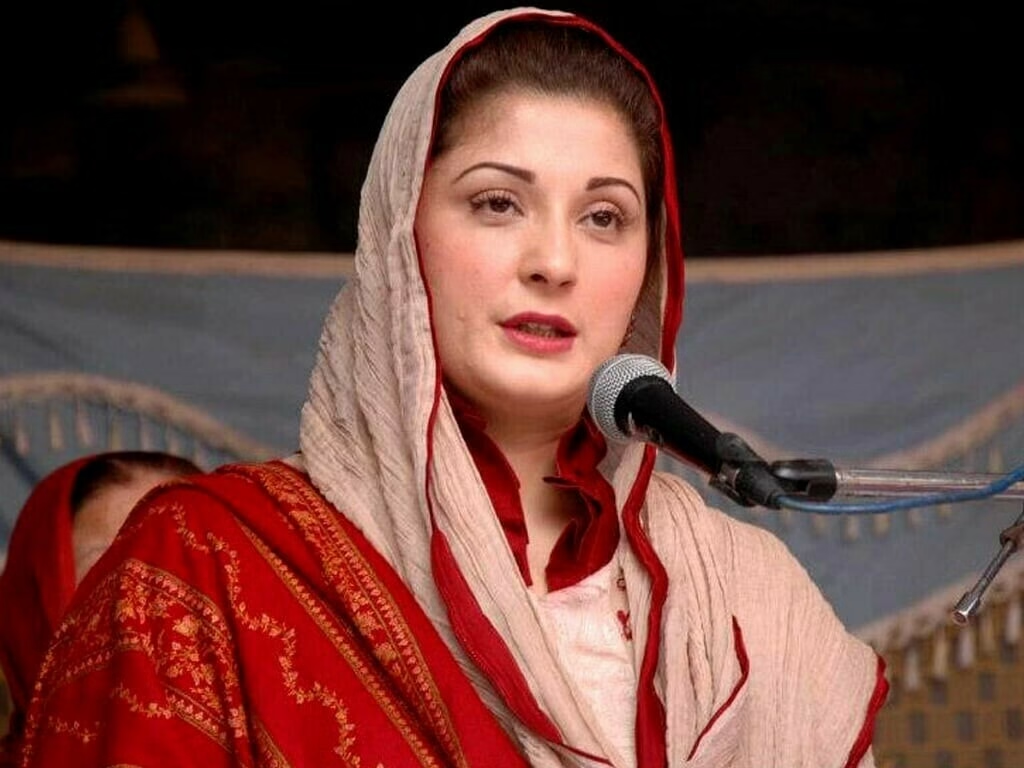Senior leader of Pakistan Muslim League-Nawaz (PML-N) and former federal minister, Abbas Afridi, has officially resigned from the party. In his resignation letter addressed to the party’s provincial president and central general secretary Ahsan Iqbal, Afridi cited personal commitments as the primary reason for his departure from politics. He also clarified that he has no intentions of joining any other political party.
Background and Reasons for Resignation
Abbas Afridi, known for his significant contributions and loyal service to the PML-N, expressed deep dissatisfaction with the current state of the party’s leadership. In his resignation statement, Afridi emphasized that he is stepping away from politics entirely and not aligning himself with any other political group.
Reflecting on his tenure with the PML-N, Afridi acknowledged the leadership of Nawaz Sharif, stating, “What Nawaz Sharif had done for the nation was right.” However, he criticized the senior leadership for not demonstrating loyalty to Sharif, suggesting that the internal dynamics of the party have shifted unfavorably.
Afridi further lamented the current state of the party, asserting that the leader of the Muslim League has become politically irrelevant. He pointed out that the leader holds no executive position that would enable effective action or influence within the political sphere.
Unaddressed Concerns and Frustrations
One of Afridi’s significant grievances was related to the lack of consultation and communication within the party, particularly regarding major initiatives and decisions. He mentioned not being taken into confidence about the “Operation Azam-e-Taqwat” issue. Afridi also claimed that his economic restoration plan was ignored, which added to his frustration and decision to resign.
“I had given a plan to restore the economy, but no one listened,” Afridi stated, underscoring his disappointment with the party’s disregard for his input and suggestions.
Context of Departures within PML-N
Afridi’s resignation is not an isolated incident within the PML-N. Recently, former Sindh Governor Muhammad Zubair also announced his departure from the party. Zubair’s resignation added to the growing list of prominent figures leaving the party, reflecting underlying issues and dissatisfaction within the PML-N ranks.
Zubair’s resignation, much like Afridi’s, pointed to broader concerns about the party’s direction and leadership. These departures suggest a need for introspection and potential restructuring within the PML-N to address the concerns of its senior members and restore confidence in its leadership.
Implications for PML-N
The resignation of Abbas Afridi, a senior and influential leader, along with the earlier departure of Muhammad Zubair, poses significant challenges for the PML-N. These resignations highlight the internal discord and dissatisfaction among the party’s senior leadership, which could impact its political strength and unity.
For PML-N, addressing these issues is crucial for maintaining its relevance and effectiveness in the Pakistani political landscape. The party must work towards rebuilding trust and ensuring that its leadership is responsive and inclusive, particularly when it comes to major decisions and initiatives.
Abbas Afridi’s resignation from PML-N, driven by personal commitments and frustrations with the party’s current state, marks a significant moment for the party. It underscores the need for introspection and potential restructuring within PML-N to address the concerns of its senior members and restore confidence in its leadership. As the party navigates these challenges, it will need to focus on rebuilding trust and ensuring a more inclusive and responsive leadership approach to maintain its relevance and effectiveness in Pakistani politics.



